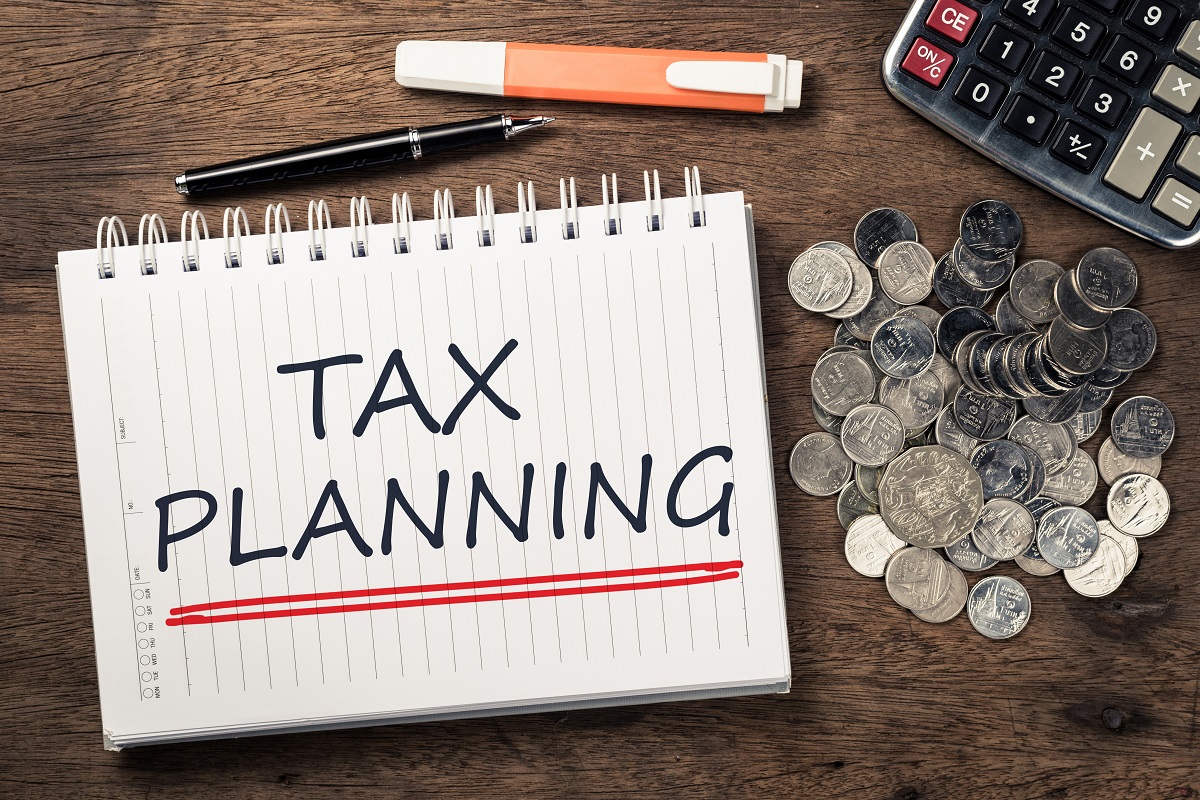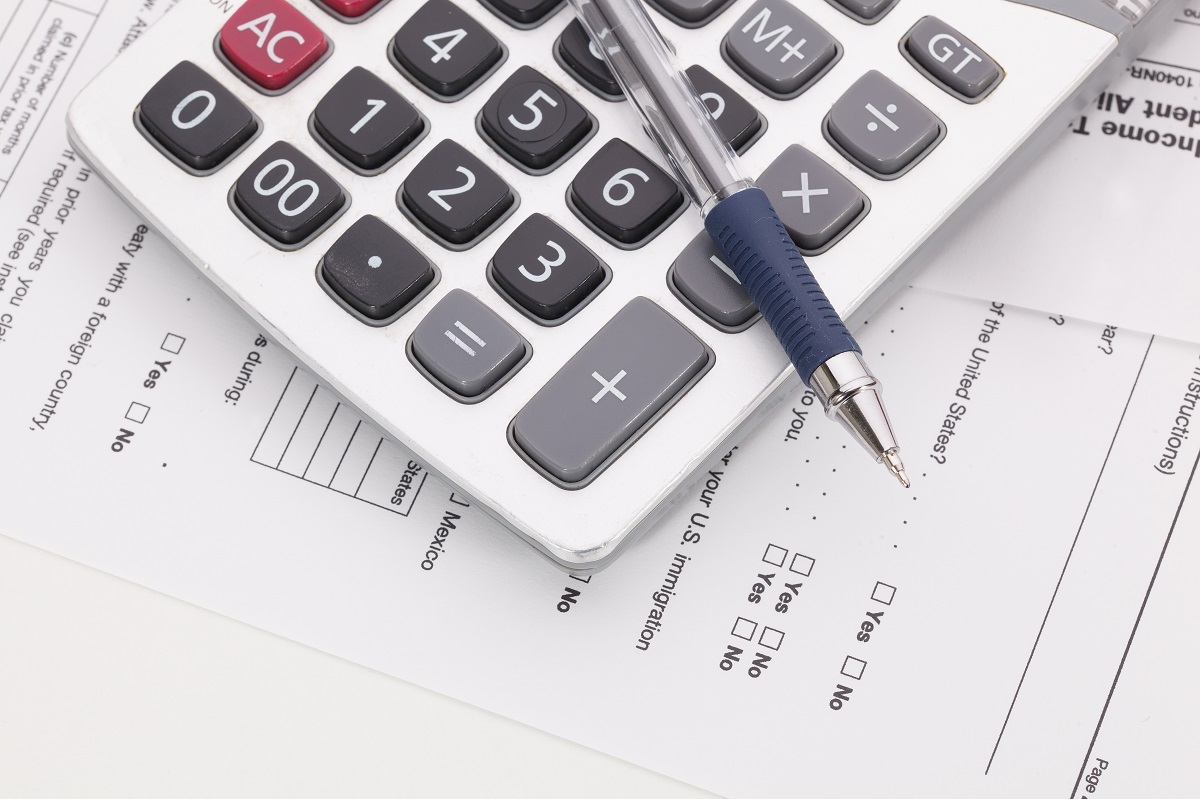It is important to know the Canadian tax reporting requirements and the liability for the tax if you are a non-resident with business, investment, employment and real estate connections.
We will summarize the common situations that lead to liability for tax for non-residents in Canada or the causes to file a Canadian tax return.
Factual Resident of Canada
Residents of Canada are subject to tax in Canada on their worldwide income. The following ties will establish Canadian residency in fact:
• Principal residence (i.e. house) in Canada;
• Driver’s license in Canada;
• Children and a spouse in Canada;
• Communal ties in Canada, e.g. membership in clubs, participation in Canadian organizations;
• Personal assets in Canada, including a vehicle, furniture, major appliances, etc.;
• Bank accounts at a Canadian financial institution, and credit cards from Canadian credit card companies.
Deemed Resident of Canada
A deemed resident of Canada is a status earned for people who have resided in Canada for 183 days or more in a given year. Deemed residents will be subject to tax in Canada on their worldwide income.
When Are Non-Residents Liable For Tax In Canada?
Those people who do not fall in the classes of deemed resident or factual resident of Canada are considered as non-resident of Canada. Non-residents are only required to pay Canadian income tax in limited circumstances such as:
i. Carried out business in Canada.
ii. Were employed in Canada.
iii. Disposed of taxable Canadian property such as real estate.
If any of the three situations apply, consult Tax Preparation Ottawa for the filing of the non-resident tax return.
Lastly, upon emigration as a non-resident from Canada, you should disclose any Canadian asset, or you may be hot with tax implications.
Non-Resident Tax Return Preparation for the Employed
Canadian income tax must be paid on earned employment income for non-residents. Employment income is subject to a graduated tax; the rate of tax will increase with the increase of received employment income. Tax Preparation Ottawa will provide you with the Canadian personal income tax rates.
Non-Resident Tax Return Preparation for Business in Canada
Canadian tax return should be filed by non-residents carrying on business in Canada. Non-resident businesses that have a permanent establishment in Canada should pay tax on the profits earned via the Canadian permanent establishment.
Non-Resident Tax Return Preparation for Real Estate
The disposal of Canadian real estate by non-residents is often liable for tax on the realized profits from the sale of the real estate. Any investment in Canada is taxed favorably and as a result, only 50 percent of the profit (Capital Gain) on the sale of real estate if taxable.
Personal Tax Credits for NonResidents
Tax Preparation experts will help in determining the tax credits that a non-resident can claim on their Canadian tax return. The practice is that a non-resident who earned 90% or more of their worldwide income in Canada can claim all personal tax credits available just in a similar way to Canadian residents.
In cases where less than 90% of a non-resident’s worldwide income is from Canada, only the following tax credits can be claimed:
• Disability amount
• Interest paid on student loans
• Tuition paid
• Donations and gifts
Tax Return Preparation for Non-Residents Entering Canada
A personal income tax return must be filed by non-residents that immigrate to Canada for the duration or part of the year that they stayed in Canada. Their personal tax return must include income earned in other countries when reporting their worldwide income.
Tax Preparation Ottawa can help you out when preparing the tax filing and tax returns. Remember that personal tax credits will be prorated by the number of days resided in Canada. A good example is if a non-resident arrived in October, any personal tax credits are calculated for 3/12ths.











